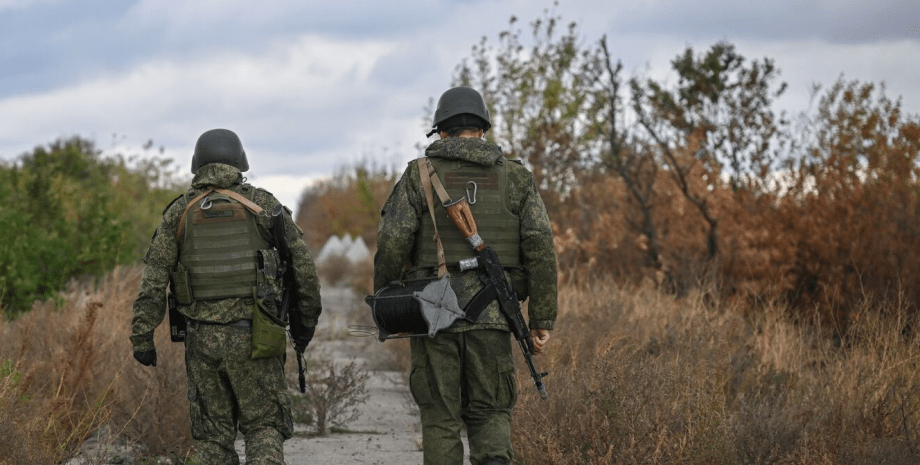
 By Eliza Popova
By Eliza Popova
Three provincial cities from three regions - Buryatia, the Urals and Krasnodar were investigated. For several weeks, ethnographers conducted surveys and watched their daily lives. The Economist writes about it. The study showed that Russians in such regions cannot be called ideologically treated militarists or passive comforters, as often assume. They, apparently, are equally alienated from the state, from the URA-patriots and from people with a pro-Western position who left.
There are virtually no military propaganda in three cities. People have removed "Z" stickers that glued to their cars in the first weeks of "special operation". The flag in a black-orange strip was still hung near the hotel, but was faded. Residents hardly recall some patriotic measures that have been held in the city in recent months. The free show of the propaganda movie was almost attracted to anyone.
But there is no open criticism of war, not only because of government repression, but also because people in small cities are afraid of ostracism. "People just want to be with everyone and do not want to break away from the majority or fall out of the norm," one woman said. People succeed that there are no wars. "If it were not for periodic news about someone's death and not a funeral, people would not remember that there was a war," one of the locals said. "We have no war," Buryatia added.
Large payments to those who go to military service are a topic for conversations: a neighbor who earned a fortune, or the wife of a dead soldier who bought the car for compensation and then came together with another man. "To the hell your money, why are they me?" - a woman laughed at the idea that her husband would go to military service to corrected the financial situation of the family. "I will earn these 200,000 myself and know that I have everything and my family is healthy.
I will buy myself these earrings and there will be a man next to me. I would never send my husband to a faithful death!" She added. "The fact that people earn so much by signing contracts means that victims are considered not as victims of the state, but as free agents who are at risk, but still make rational efforts to improve their lives," the publication said. Many do not trust the official statements about the war and continue to repeat the narrative that the West is guilty.
People do not like to associate themselves with war as research has shown. The real estate agent in Krasnodar complained that her relatives in Ukraine stopped talking to her. "What was I here? I wanted this war or did I start it?" - she wondered rhetorical questions. The study states that "in general everyone is ready to agree that the war is" bad "and" scary ". Some of the survey participants recognize that they do not understand the meaning of war.
This means, and the return to the war Militarian bloggers are dissatisfied with the war, despite the advance of Russian troops. They can be seen everywhere . . . They already lie in two or three layers next to the wounded. The constant cadaver smell and the stench of rotting meat was filled from the wounds, "the publication went. , but at an exorbitant price, "Kalashnikov complained.
He believes that it is" only a matter of time "before the Russian offensive is exhausted without serious damage by the supply lines and the command systems of Ukraine. In this he accuses timid elites and fears that Donald is Trump will freeze the conflict along the current lines of the front, which, in his opinion, will be a terrible failure. At the level of 0. 5% to 1. 5%, which is much lower than 3% of this year and 3. 5% of the past.
This week, for the first time since the invasion of Ukraine, in 2022, it fell much below 100 rubles per dollar. State enterprises, especially in the defense industry, receive huge capital, which makes it difficult for the private sector to take loans even at high rates. "There is no vision of the future. Reflections on long-term plans mostly lead to depression.










All rights reserved IN-Ukraine.info - 2022